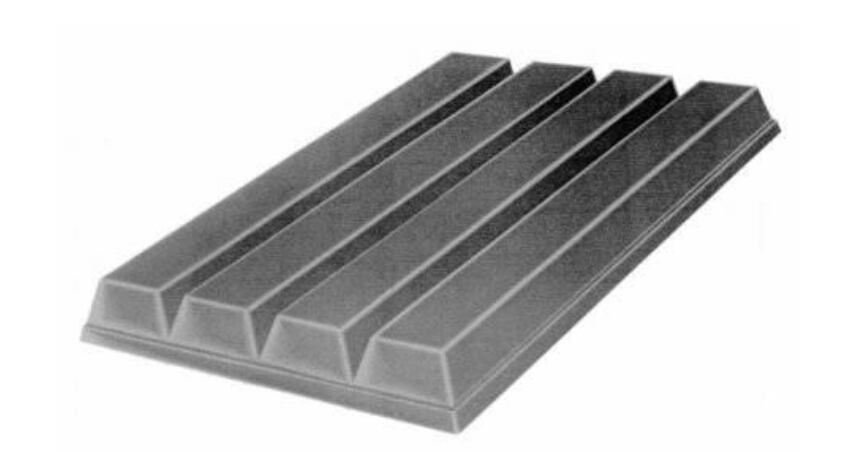A legal expert says the opinion could mean the trademark registration will be rejected by the court, which is now expected to back complaints by Nestlé rival Mondelēz International.
‘Unusual for the CJEU not to follow such an Opinion’
Lee Curtis, trade mark attorney and partner at intellectual property law firm HGF, told ConfectioneryNews: "Although the Opinion of the Advocate General may not ultimately be followed by the CJEU in a few months’ time, it is unusual for the CJEU not to follow such an Opinion. Thus, this Opinion is a defeat for Nestle in their attempts to monopolize the four fingered shape of the Kit Kat chocolate bar and to effectively 'corner' this sector of the chocolate bar market."
Tit for tat war
He said the opinion was a further chapter in a lengthy “tit for tat” trademark war between Nestlé and Cadbury that follows Cadbury’s failed attempt to register a trademark for a hue of purple for milk chocolate bars following Nestle opposition. Curtis said this could be Cadbury’s revenge.
“This 'war' is an attempt by both companies to monopolise certain aspects of the way they market their chocolate, whether that be a colour of a Dairy Milk bar or the shape of an iconic Kit Kat bar. Ultimately these trade mark rights, if achieved, are then used to curtail the scope of manoeuvre of their competitors with the ultimate aim of protecting the goodwill built up in these aspects of the brands over decades,” he said.
Curtis explained the case will now go to the full CJEU and then back to the UK High Court for a decision based on facts. It is also possible the losing party will appeal to the UK Court of Appeal, but it was unlikely given the matter will already been referred to the CJEU, he said.

Case background and latest Opinion
Nestlé applied to register the four-finger wafer shape in the UK in 2010, which was accepted by UK authorities. Rival Cadbury later challenged the application and the UK Intellectual Property Office (UKIPO) Hearing Officer declared the mark was devoid of any significant character for all goods except cakes and pastries. UKIPO rejected the trademark application for all goods except for cakes and pastries.
In December 2013, Nestlé appealed the Hearing Officer’s application of the law in in the UK High Court. Cadbury also disputed the 3D shape trademark registration for cakes and pastries. High Court judge Arnold J appeared to side with Cadbury, but referred the case to the CJEU to determine if the trademark was precluded from registration under EU law.
CJEU Advocate General Wathelet issued his Opinion today and said a 3D shape can be registered but only if it alone has acquired distinctiveness. It would not be enough if the 3D shape was distinct only when in combination with a brand name or packaging.
Iain Connor, intellectual property lawyer at Pinsent Masons, said: “It seems that like the old ‘elephant test’ isn’t enough for trade mark lawyers. Despite the fact that consumers know a Kit Kat when they see one, the Advocate General has said that the Court needs to see evidence of a level of acquired distinctiveness way beyond 'mere recognition'. The opinion is entirely consistent with the Court’s previous refusal to grant trade mark protection for Lego bricks and so comes as no surprise.”
Nestlé has separately applied for an EU trademark, which is currently being contested by Cadbury in the CJEU. Curtis said it was likely that any decision on that appeal should fall into line with the decision on the UK Application to maintain consistency, as trade mark law is to a large extent harmonized across the whole EU.
